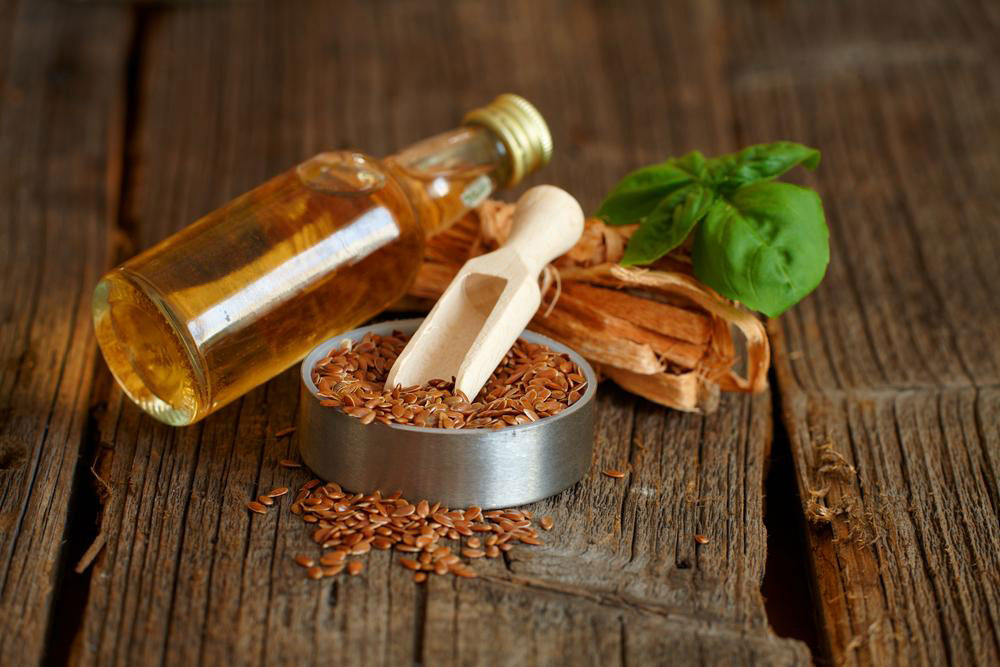
5 natural ways to treat hepatitis B
It is estimated that at least 300 million people are infected with hepatitis B virus (HBV). Although many people don’t experience acute symptoms of hepatitis, chronic infection can lead to severe complications like liver cancer and cirrhosis. Hepatitis can live outside the body for many days and hence, it can increase the chances of infection.
Out of all the types, hepatitis B is a potentially life-threatening viral infection resulting in the inflammation of the liver. It is also referred to as HBV and belongs to the Hepadnaviridae family, a family of viruses that infects cells and replicates to a chronic condition. Because the symptoms of hepatitis mimic those of any other viral infection, it can be difficult to deduce the symptoms until they become chronic.
Following are some natural ways to treat and manage the symptoms hepatitis B:
Healthy and well-balanced diet
It is one of the most important ways to prevent getting infected from HBV. An adequately nutritional balanced diet with whole foods and anti-inflammatory food products help in reducing oxidative stress on the liver. Health experts suggest that foods rich in chlorophyll such as kale, arugula, collard greens, and romaine lettuce help in detoxifying the liver. Apart from this, cruciferous and root vegetables; fresh fruits, such as blueberries, raspberries, and goji; and citric fruits help in fighting the symptoms of hepatitis B. Nausea is one of the most prevalent symptoms of hepatitis. One or two drops of peppermint oil in a glass of water helps to get rid of this symptom.
Avoid inflammatory foods and drinks
To prevent the spread of the infection due to HBV and ease the acute symptoms, it is necessary to curb inflammatory foods and drinks as they have a direct impact on the liver. These include sugars, refined oil, carbohydrates, and farm-raised meats. It also helps to avoid processed foods with preservatives and alcohol to avoid the worsening of liver damage.
Adequate hydration
As vomiting is a symptom of hepatitis, it can cause dehydration. Hence, it is necessary to stay hydrated. Doctors advise drinking plenty of water (at least 8 ounces a day). Drinking fresh fruits and vegetable juice with bone broth can also be helpful as these help in boosting the immune system and fighting the virus. Including coconut water in your daily diet also helps in restoring electrolyte balance, which might have been affected due to vomiting.
Milk thistle
A flowering plant with herbal benefits, milk thistle supports and benefits the liver. It helps in the detoxifying liver and rebuilding liver cells by removing bodily toxins. The silymarin present in the milk acts as an antioxidant by reducing the free radical production and oxidative stress. Research shows that it can be used to treat acute and some chronic symptoms of hepatitis and other liver diseases.
Glutathione levels and hepatitis
Recent scientific research shows that there is a direct correlation between glutathione levels and the viral activity in hepatitis B and C. Glutathione contains the amino acid, such as L-cysteine, L-glutamic, and glycine, which supports vital body functions and detoxifies the liver. A person suffering from hepatitis B for more than 90 days can ask his or her healthcare provider to check glutathione levels and prescribe medications accordingly.


